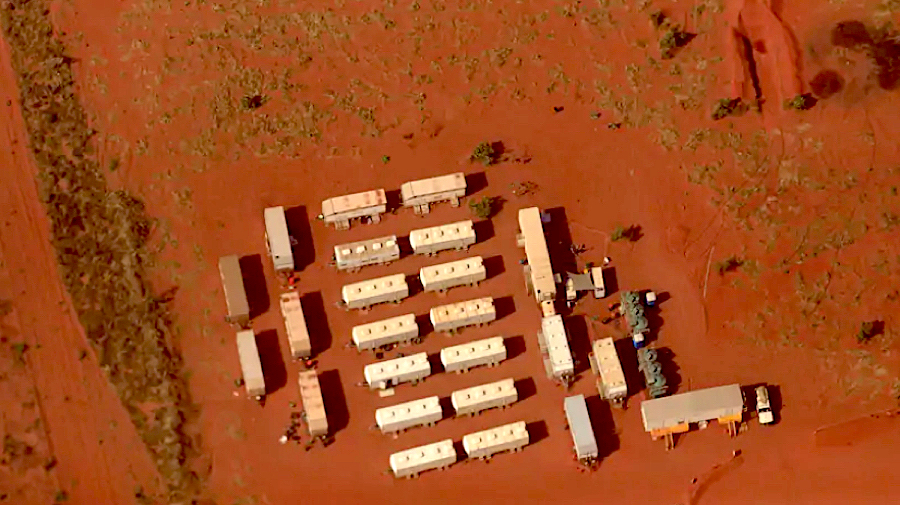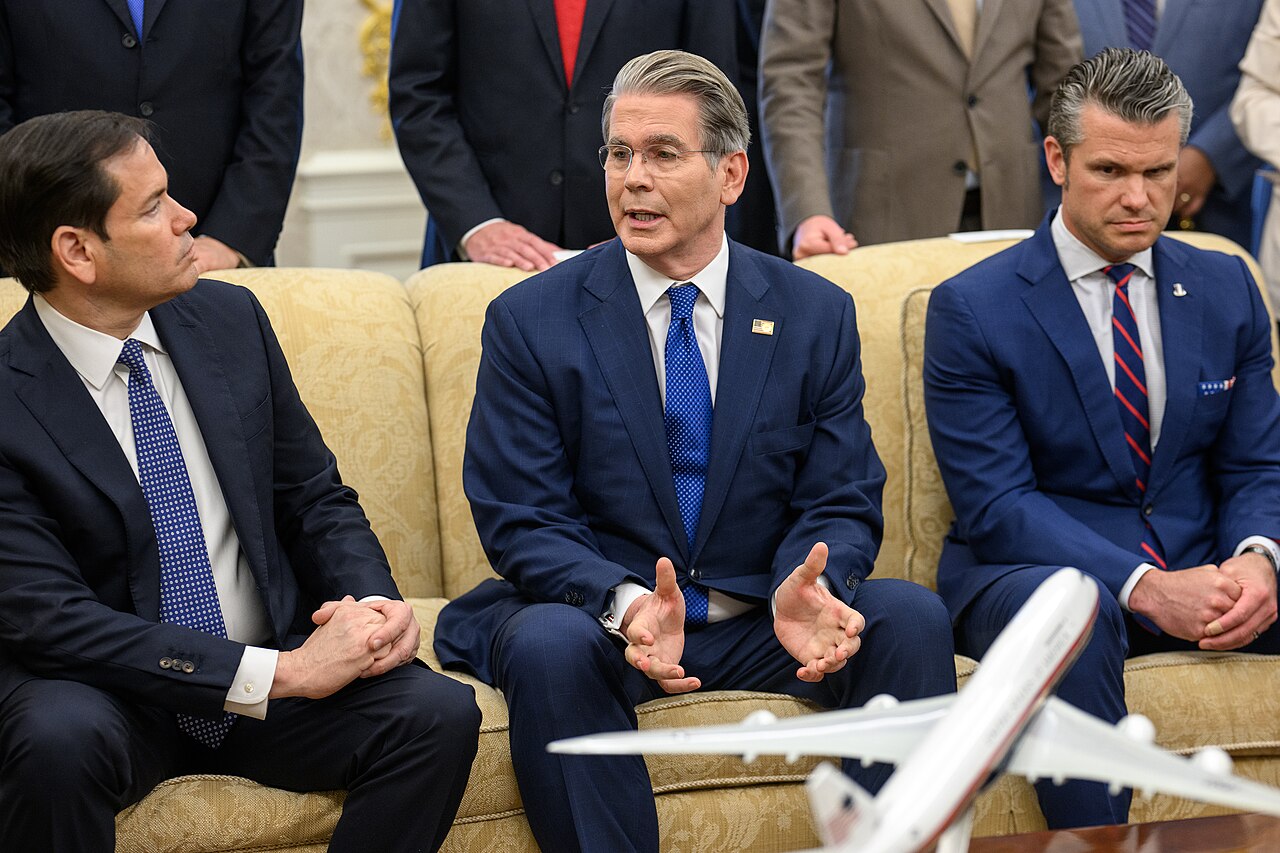Australia to add to priority critical minerals by year-end

Australia will update its critical minerals list by the end of the year, its resources minister said on Thursday, potentially opening the way for copper and nickel miners to tap government incentives and speed up new project development.
One of the world’s biggest suppliers of raw minerals, Australia last month set out a strategy to work with investors and international partners to build a critical minerals processing industry.
The strategy drew some criticism because it did not lay out a regulatory fast track or add to its list of minerals considered critical to the energy transition.
Minister Madeleine King said the government would prioritise support for critical minerals projects that underpin key technologies such as battery chemicals and would update the list by the end of the year after a consultation period.
The current list, last updated in March 2022, includes 26 minerals with supply chains that are considered vulnerable to disruption, such as lithium, cobalt and rare earths.
The new Australia chief of the world’s biggest miner BHP Group Geraldine Slattery said uranium should also join the list, as she flagged Australia was at risk of losing its competitive advantage in the critical minerals space.
“Australia can’t compete on subsidies with large economies like the US. But we can make sure that our policy settings are attractive to new investment,” she said at a business event on Thursday.
Industry Association AMEC wants copper and nickel added to the list and said on Thursday it would consult with its members on which other minerals could be added.
BHP is Australia’s biggest producer of copper and nickel which it regards as key growth commodities exposed to the energy transition. It sells uranium as a byproduct from its South Australian copper operations.
Australia is suffering from some unattractive policy settings and falling productivity, while its critical minerals are more costly to extract than the vast deposits of iron ore and coal that have for decades underpinned its economy, Slattery said.
Copper and nickel deposits, for example, are more remote or deeper underground and so more expensive to dig than Chile’s copper and Indonesia’s nickel.
BHP wants the government to harmonize regulations to speed up permitting and reduce duplication, as Canada is doing, Slattery said, adding that Australia needs to develop a bigger labour pool and better tap mining technology.
(By Melanie Burton; Editing by Jacqueline Wong and Sonali Paul)
More News
{{ commodity.name }}
{{ post.title }}
{{ post.date }}




Comments